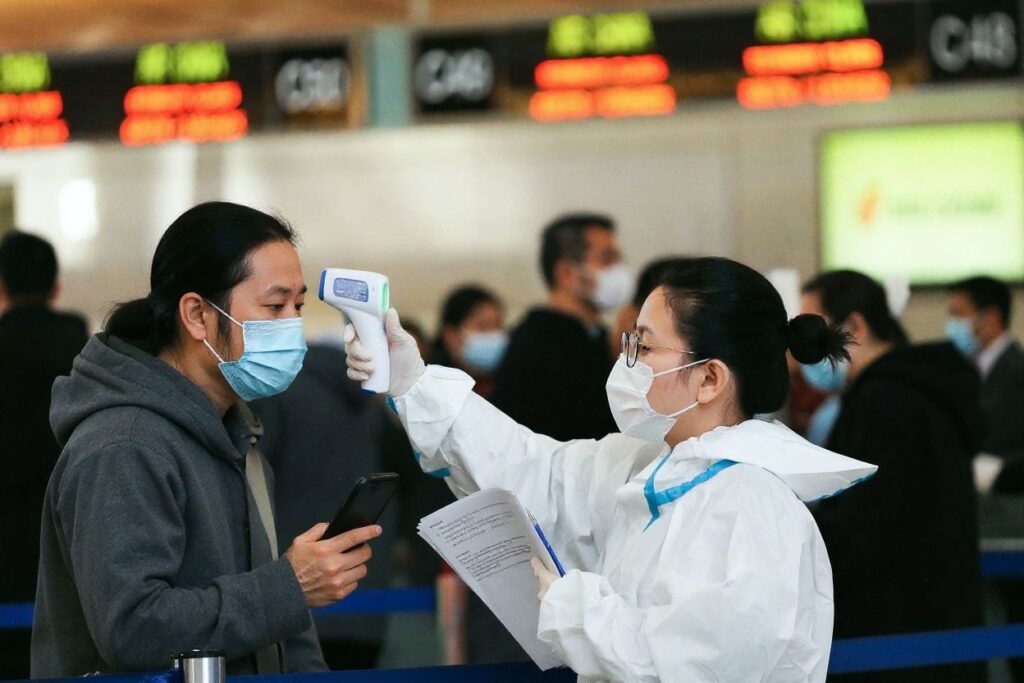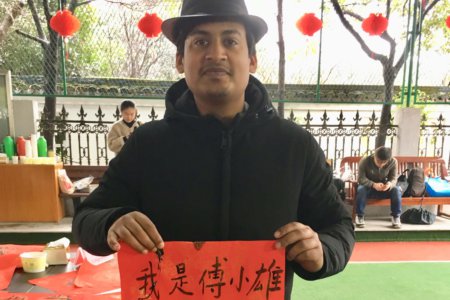
China’s travel restrictions have kept the country’s borders closed to international travellers, which include Southern University of Science and Technology (SUSTech) PhD candidate, Steve (name changed upon request) from the UK. With the rise of the new Omicron variant, China’s travel restrictions — one of the harshest in the world — are being extolled as an advantage while other countries with looser borders scramble to stem outbreaks.
Since August, China has implemented a 14-day quarantine for all arrivals. Foreign workers, visitors and students travelling to China also have to fill a huge mountain of paperwork.
 China's travel restrictions are among the strictest in the world.These complications are making it impossible for Steve to proceed with his PhD. “I cannot study remotely as my research is lab-based thus, my studies have been suspended since March last year,” he says. Below he walks us through the difficulties he’s faced not being on SUSTech’s campus and what his backup plans are:
China's travel restrictions are among the strictest in the world.These complications are making it impossible for Steve to proceed with his PhD. “I cannot study remotely as my research is lab-based thus, my studies have been suspended since March last year,” he says. Below he walks us through the difficulties he’s faced not being on SUSTech’s campus and what his backup plans are:
Share your study interest with us and why you chose to study this at SUSTech in China.
My undergraduate major was related to material chemistry and I also enjoyed my master’s research project. So, I wanted to do a larger more detailed project and make a meaningful contribution to the field.
During my undergraduate programme, I had the chance to take part in a spring and summer study course in Shanghai and Jinan in 2017. I was really surprised at how different it was from my home country.
A lot of areas were more developed than London and I found Chinese people to be very hospitable. That’s why I chose to enrol in a longer study programme at SUSTech in China.
What are the biggest obstacles you face as a PhD at SUSTech student stranded outside the country?
I simply cannot study remotely as my research is all lab-based. Thus, my studies have been suspended since March 2020.
The hardest part is dealing with the fact that I’ve lost nearly three years of my life because I made the decision to study at SUSTech in mainland China while all of my classmates and peers from back home are progressing with their lives.
A great way to celebrate the “Chinese Bridge’ would be to allow foreign students to come to China. Or let students who chose to study in China know about when and how the authorities plan to let them return after waiting for 20 months.@MFA_China@zhu_jingyang #takeusbacktochina https://t.co/pUeGa1kV24
— China International Student Union (@takeusbacktoCHN) December 22, 2021
What are your thoughts on China’s travel restrictions?
I think the travel restrictions are nonsensical at this point. China has vaccinated a large percentage of its population and with vaccinated students who are willing to undergo testing and extended quarantines, why are we not able to apply for a visa?
There is very clear discrimination between types of people that are allowed to enter China. It seems everyone from athletes to Taliban representatives are unaffected by the pandemic.
This situation is not based on science but, rather, politics. It’s unfortunate that students have been caught up in it. I created a Twitter account last year with the sole purpose of participating in the #takeusbacktochina campaign.
I sent Tweets to various ambassadors and managed to get a response from the British Embassy in Guangzhou who were very helpful. They raised the issue in meetings with MFA China but the response was always “there is no plan to allow students yet”.
Is SUSTech giving you enough support to deal with China’s travel restrictions?
No, they were of no help except when they required tuition fees and the rent of dorm rooms.
 China's travel restrictions have disrupted thousands of lives.
China's travel restrictions have disrupted thousands of lives.
What backup plan do you have?
I have offers for PhD programmes in the UK and hopefully, I will begin next year in September.
What’s your advice for international students who want to go to China?
Ask yourself if you’re really prepared to study online for the next few years (potentially) and if your study is even possible to do so remotely. However, keep in mind there are many good opportunities out there in countries with fairer policies.










